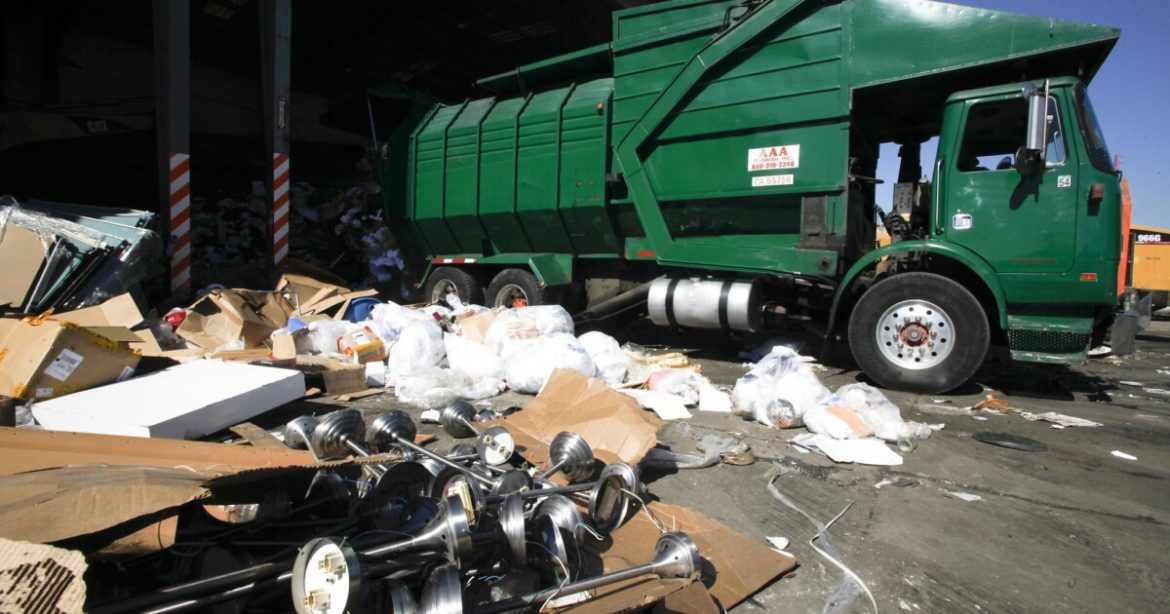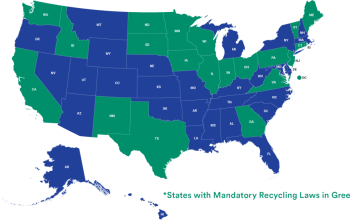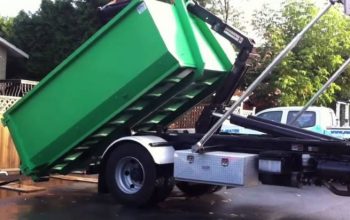When possible alternative solutions to waste management solutions should be considered simple which have a high chance of being applied. In this sense, the setting of controlled landfills is a good approach. However, we must keep in mind that there are minimum conditions that cannot be waived (eg. the ban on the installation of a landfill in a flood zone) and that the junk disposal technologies to be implemented to minimize the risks to people and the environment should be modulated according to regional conditions such as factors climatic.
With this in mind, the state of California led an awareness-demonstration experience implementing a collection – management of household waste and landfill in a pilot site fitted out and adapted for regions like Los Angeles. Other experiences of genre are underway or considered in other climates. From for example, work is underway in a new landfill center technique in Irvine in order to accelerate the biodegradation process and limit the cost of leachate treatment.
The objectives aimed at in the realization of this work are to synthesize and disseminate the knowledge acquired by waste management specialists in this area. This knowledge are also supplemented with information from publications and other works, appropriate for raising awareness and developing adequate know-how in the state of California.
The analysis showed that awareness is currently emerging on the need for efficient and permanent urban sanitation. More particularly, in low-income population areas, methods of caring for sanitation and waste collection have emerged with simple means but effective such as donkey-drawn carts with direct payment to pick up. Subsequently, the contacts established during trips to local landfills allowed us to confirm and clarify the terms of this analysis.
This assessment is developed with the objective of improving the use of dumpster rental services. It is important because it must make it possible to establish an appropriate strategy, taking into account the methods used and the results obtained during previous experiments. The comparison in terms of the composition and quantity of waste household appliances produced in LA counties has revealed very significant between cities of different size or between neighborhoods of different different life.
Likewise, certain seasonal variations may appear. In socio-economic situations such as that in rich counties, landfill is almost always the only considered route for disposal of household waste. Waste management research provides a quick overview of the characteristics of these landfills (location, nuisances, etc.) and presents the Atlas of landfills and its vocation of “memory” for generations to come.
Among the technologies useful for waste management and junk disposal is the recycling of materials and more particularly plastics which are widely used in low income counties. Recycling, and not reuse, is however infrequent. Recycling reports present, among the valuation circuits, examples of companies in Los Angeles, which were created around the recycling of materials plastics in low-income areas.










